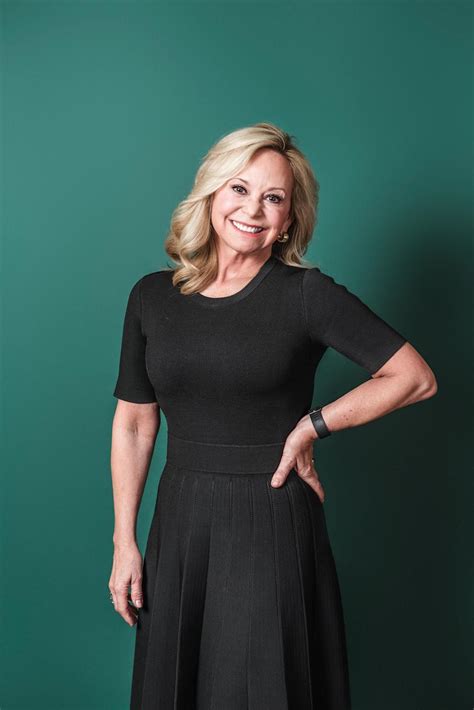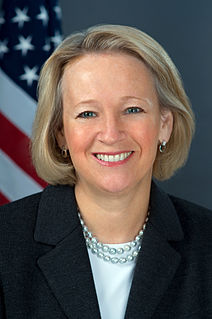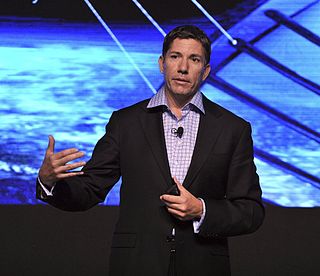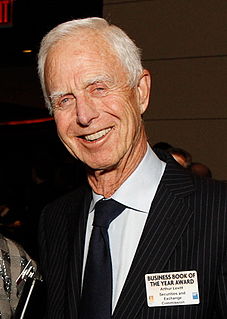A Quote by Aileen Lee
Some investors may grumble about entrepreneurs wanting 'unicorn valuations.' But let's be honest: most investors want them, too, and are supporting the massive capitalization of these companies.
Related Quotes
Investors do not like losing money. They do not like companies that fail. They do not like entrepreneurs that fail. There is not a culture of celebrating failure in Silicon Valley or anyplace else. That is a myth. Recognize this, and if you start another business, get it to a successful point before approaching outside investors again.
Too often, investors are the target of fraudulent schemes disguised as investment opportunities. As you know, if the balance is tipped to the point where investors are not confident that there are appropriate protections, investors will lose confidence in our markets, and capital formation will ultimately be made more difficult and expensive.
Today's consumers are eager to become loyal fans of companies that respect purposeful capitalism. They are not opposed to companies making a profit; indeed, they may even be investors in these companies - but at the core, they want more empathic, enlightened corporations that seek a balance between profit and purpose.
With joint-stock corporations, investors can place bets on the success of many different companies, without having to play a central management role in any one of them. This allows investors to diversify their financial holdings. It also allows them to capture profits on their investments, without having to get involved in the dirty, troublesome business of actually running a company.
This is the free enterprise system. The only place in the world that I can recall where companies never failed was the old Soviet Union. This is what investors do in free enterprise and capitalism system. [...[ And, yes, free enterprise system can be cruel. But the problem with this administration is that small businesses are the one who had suffered the most, the kind that need investors, the kinds that don't need the hundreds of pages, thousands of pages of regulations that continue to plague them and have them hold back on the hiring investment.
Most investors are pretty smart. Yet most investors also remain heavily invested in actively managed stock funds. This is puzzling. The temptation, of course, is to dismiss these folks as ignorant fools. But I suspect these folks know the odds are stacked against them, and yet they are more than happy to take their chances.
Most startup entrepreneurs unnecessarily spend half their time and give up half their equity in search of funding from angel investors and venture capitalists. Tens of millions of dollars are available to them for free from partners who not only don't want their equity, they don't even want to be paid back.


































